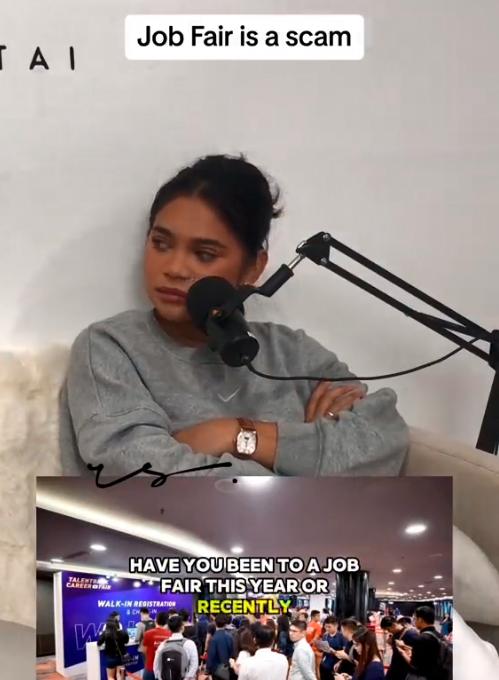THE efficacy of job fairs has come under scrutiny, recently with many sharing their frustrating experiences.
A viral video featuring a podcast discussion highlighted the growing perception of scams within these events.
A glaring issue highlighted in the conversation was the mismatch between the advertised entry-level positions and the actual requirements set by employers.
Fresh graduates, who attend these fairs with hopes of starting their careers, often find themselves disqualified due to the demand for two to three years of prior experience.
One TikTok user, @rehatsantaistudio, encapsulated this frustration: “When I attended job fairs, they were seeking fresh graduates.”
“However, the qualifications required for recruitment or interviews demanded 2-3 years of experience. Imagine, fresh graduates without experience or people who have been jobless, hoping for an opportunity to find work.”
“When they attend, it feels like a waste of time, which is really unfortunate.”
Adding to the disillusionment is the perception that job fairs are more about data collection than actual recruitment.
Participants have voiced concerns that these events are used to gather personal information rather than connect candidates with genuine job opportunities.
One individual commented,: “Job fairs these days feel like scams. We hope to meet hiring managers or recruiters, but often it’s just HR or PR interns at the booths telling us to apply online.”
Another shared, “Job fairs seem more about gathering people’s data. They might sell that info later, and you end up getting lots of spam calls.”
A third person commented, “They want experienced workers but only offer salaries suited for fresh graduates.”
The podcast and its subsequent comments raises questions about the true purpose and effectiveness of job fairs.









